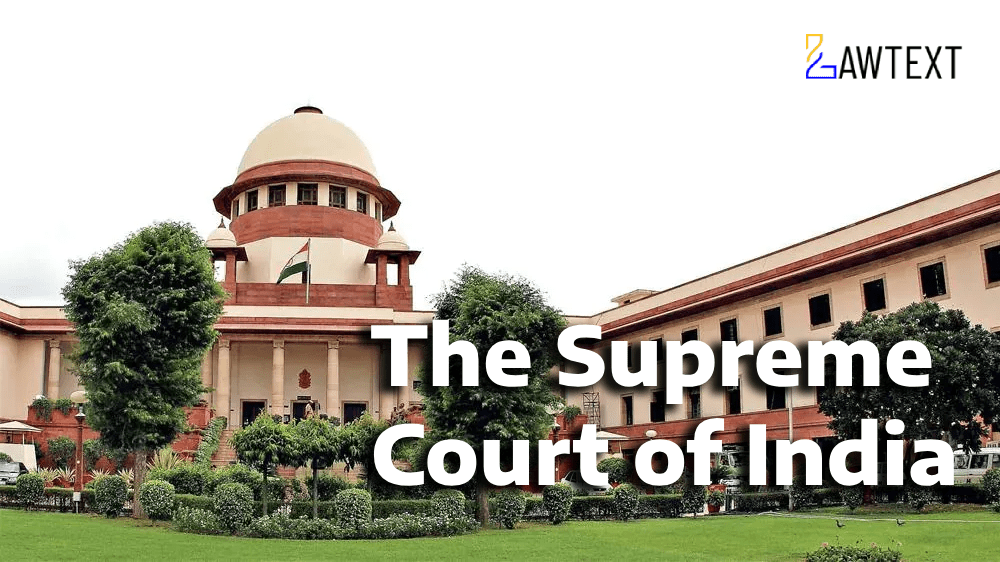Case Note & Summary
The petitioner, an IPS officer, challenged the Central Government's refusal to accept his voluntary retirement due to pending disciplinary proceedings. The court upheld the Central Government's decision, emphasizing its discretion and responsibility to independently assess disciplinary matters. The court also highlighted the need for the Central Government to apply its mind in accepting or rejecting retirement notices, especially when serious charges are involved. The petition was dismissed, affirming the Central Government's authority and the need for a thorough decision-making process.
IntroductionThe petitioner, Mr. Shaikh, argued that the Central Government should have accepted the State Government's recommendation regarding his voluntary retirement, given that no major penalties were anticipated.
Legal Interpretation and Central Government's Discretion The guidelines suggest that voluntary retirement should not ordinarily be accepted if major penalties are pending or contemplated. The Central Government has the responsibility to independently assess the situation and is not bound by the State Government's recommendation. Rule 7(2) of the 1969 Rules emphasizes that penalties like dismissal, removal, or compulsory retirement can only be imposed by the Central Government. Examination of Charges Charges against the petitioner include plural marriage and misconduct during public speeches. The Central Government must investigate these charges thoroughly before deciding on the retirement request. Tribunal's Decision and Legal Principles The Tribunal's decision to dismiss the Original Application stands on sound legal principles. The Central Government's refusal to accept the retirement application is justified given the seriousness of the pending disciplinary proceedings. The Central Government must make a conscious and informed decision, not a routine one. Supreme Court Precedents The Supreme Court's ruling in Ashok Kumar Sahu vs. Union of India emphasizes the need for the Central Government to apply its mind in accepting voluntary retirement notices. The distinction between "approval" and "acceptance" requires the Central Government's application of mind. Analysis of Charge-sheets Three charge-sheets against the petitioner detail serious allegations, including bigamy and misconduct. The competent authority must decide whether these charges warrant major penalties. Reliance on Judgments by Petitioner's Counsel Judgments cited by the petitioner's counsel were found inapplicable to the present case, as they pertain to different legal contexts, such as the Industrial Disputes Act. Conclusion The impugned judgment and order dated 7th December 2023 by the Tribunal is upheld. The Central Government's decision to reject the petitioner's retirement request is affirmed. The writ petition is dismissed, with no order as to costs.
Issue of Consideration: Abdur Rahman Versus Union of India Ors.
Premium Content
The Issue of Consideration is only available to subscribed members.
Subscribe Now to access critical case issues





